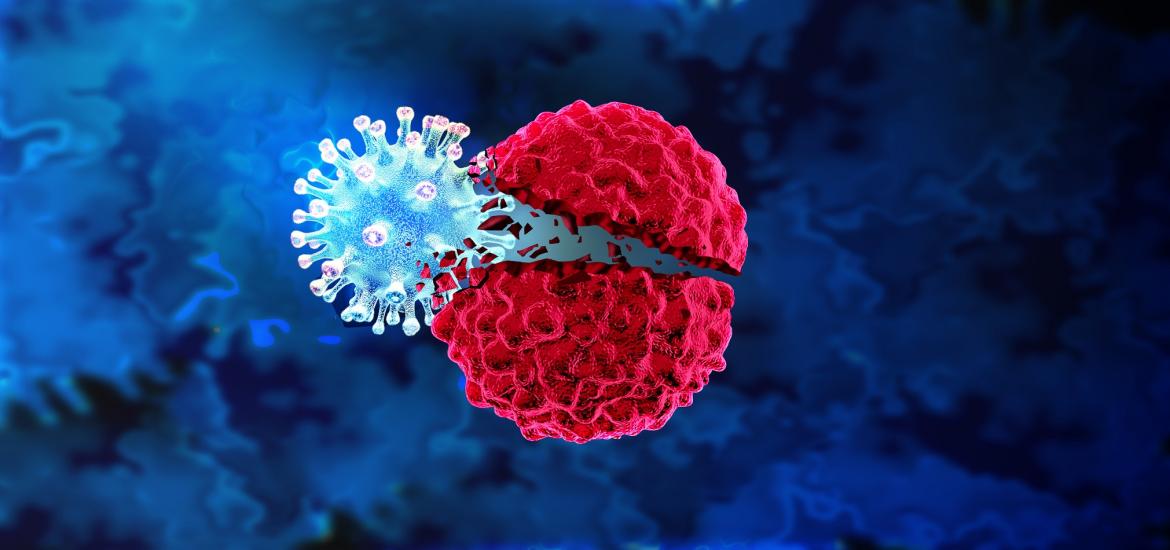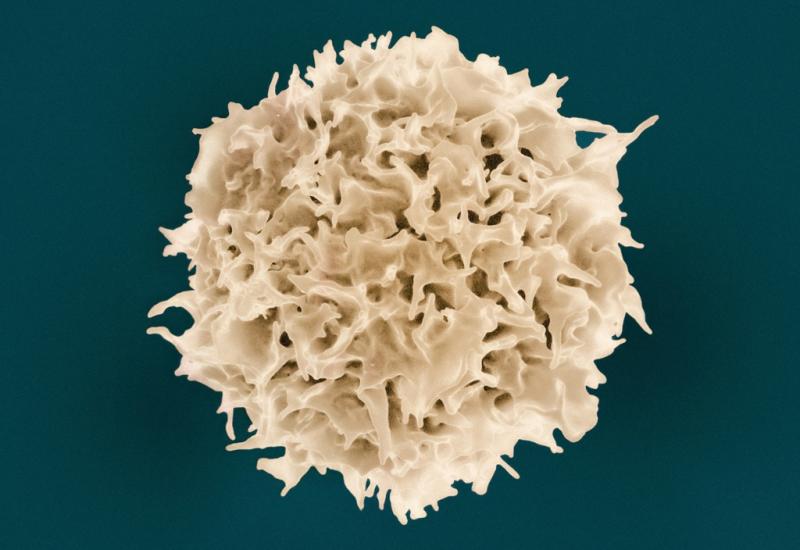
Replimune challenges Iovance
The company’s vuso-vec looks similar to Amtagvi, and could have safety and convenience advantages.
The company’s vuso-vec looks similar to Amtagvi, and could have safety and convenience advantages.

Oncolytic viruses have so far failed to deliver, but Replimune believes that it could have a contender in vusolimogene oderparepvec, and promising topline data in post-PD-(L)1 inhibitor melanoma sent the group’s stock up 28% on Thursday, plus another 11% on Friday.
Replimune reckons its project can become the first option for PD-1 progressers, and the results from the Ignyte study look good on a cross-trial basis versus Iovance’s tumour infiltrating lymphocyte (TIL) therapy Amtagvi. The latter uses a different, perhaps less convenient modality, but was recently approved in this setting.
After various failures across the oncolytic virus sector, including for vuso-vec itself, Replimune’s stock is languishing around all-time lows, suggesting that some investors have yet to be convinced that an oncolytic virus is finally ready for the big time.
Still, one oncolytic virus player, CG Oncology, managed to float in January and is now worth $2.3bn, although that group has benefited from being in the currently hot area of non-muscle-invasive bladder cancer.
Investigator assessed vs central review
The Replimune results came from an independent central review of Ignyte data, reported hot on the heels of investigator-assessed data presented at ASCO last Monday from the same trial – the latter didn’t move the stock. Perhaps the ASCO results got lost in the noise around the conference, but it’s notable that the two updates look very similar.
The centrally assessed ORR, using modified Recist 1.1 criteria, was 33.6% among the 140-patient PD-(L)1 progressing cohort. Among this group, the investigator-assessed ORR was 32.1%.
Both numbers slightly edge out the 31.5% ORR cited on Amtagvi’s label – and this likely flatters the Iovance product, as that analysis excluded several patients, for various reasons.
Amtagvi also comes with toxicity, and its label notes a 7.5% treatment-related mortality rate. Meanwhile, there were no deaths in Ignyte, and the incidence of grade 3 and 4 adverse events was low, Replimune said. The most common adverse events with vuso-vec were chills, fatigue and pyrexia.
Then there’s the question of convenience: vuso-vec, a genetically modified strain of herpes simplex virus, can be given off the shelf while Amtagvi is an autologous cell therapy that takes around a month to produce.
Iovance’s stock sank 4% on Friday, perhaps on the prospect of competition.
Year-end filing
Replimune plans to file vuso-vec with the FDA in the second half, by which time the first patient should have been enrolled into its confirmatory Ignyte-3 trial.
Approval would bring the daunting prospect of a solo launch, though maybe investors who bought into Replimune on Friday are hoping that history will repeat itself: the company’s founder, Robert Coffin, also formed BioVex, which was acquired by Amgen in 2011 for $425m up front.
Since then, the BioVex-originated oncolytic virus Imlygic might have got approved, but sales are so insignificant that Amgen doesn’t split them out. Big pharma is likely to be cautious about oncolytic viruses given their chequered history.
2654













